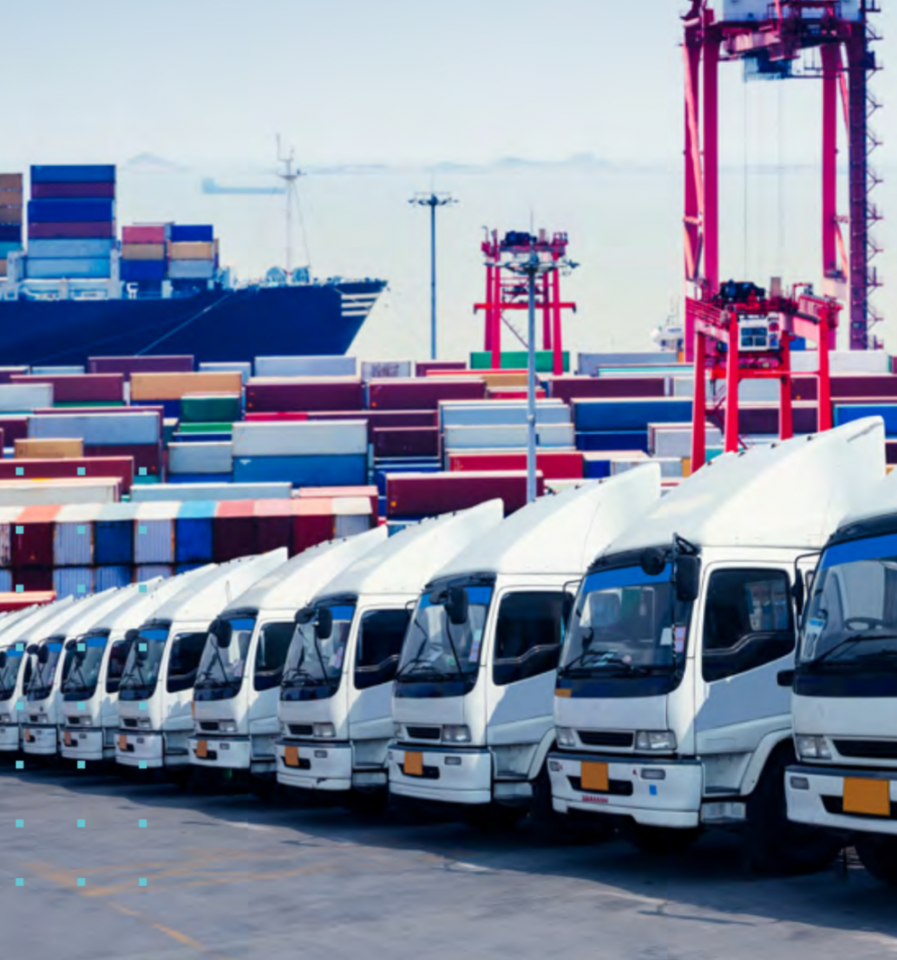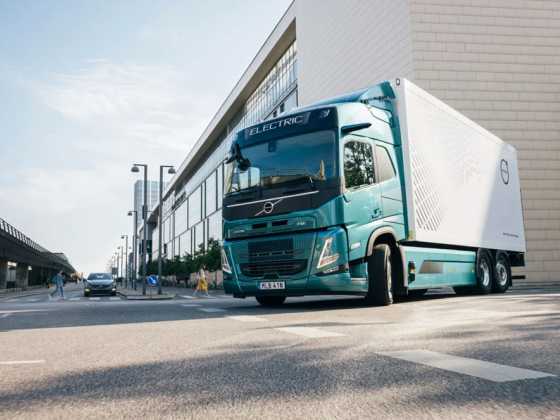Decarbonisation a top three priority for freight executives

Shell and Deloitte have published a joint study on how to decarbonise the road freight sector, which is based on the views of road freight executives and experts from around the world. More than 70 per cent of the 158 interviewees consider decarbonisation as the leading or top three priority for their organisation.
The “Decarbonising Road Freight: Getting into Gear” report offers a detailed 10-year roadmap with 22 solutions aimed at addressing the economic, technical, regulatory and organisational factors influencing the sector’s ability to decarbonise.
The report shows that more than 70% of study participants view hydrogen fuel cell electric vehicles and battery electric vehicles as the most viable long term zero-emission heavy duty truck technology, and many believe these trucks will become commercially viable in the next 5 to 10 years.
“Trucks move virtually everything modern society depends on for daily life and during the current COVID-19 crisis, society has experienced just how critical road freight is in delivering essential goods,” said Huibert Vigeveno, Downstream Director at Shell. “However, road freight is currently responsible for around 9% of global CO2 emissions and with demand for road freight services set to double by 2050, urgent action must be taken now to put the sector on a pathway to net zero emissions by then. Fleet companies, truck manufacturers and energy providers have already started investing in low and zero emission solutions, but the sector requires a more robust set of policies and regulations to accelerate change.”
The report finds that to meet the goal of the Paris agreement, absolute emissions from road freight need to decline almost 60% by 2050 versus a 2018 baseline, despite an expected doubling of road freight volume over the same period.
80% of study participants perceive a lack of regulatory incentives and the complexity of infrastructure replacement to be major barriers to decarbonisation, while 70% see limited demand from customers as a major barrier.
Although not yet commercially viable, most study participants agree that the technologies to decarbonise road freight exist, and truck manufacturers are already developing hydrogen fuel cell electric vehicles and battery electric vehicles.
Companies should begin prioritising the replacement of trucks and buses in viable short-range and urban duty cycles using available zero emission hydrogen fuel cell electric vehicles and battery electric vehicles.
Through coalitions and partnerships, industry players should increase the deployment of zero-emission trucks and fuels in regional clusters and along high-traffic corridors.
Low emission fuels such as liquified natural gas (LNG), bioLNG, compressed natural gas and biodiesel should be commercialised quickly around existing points of supply, but not where they could disrupt the deployment of zero-emission solutions.
Immediate emission reductions can be achieved for fleets with diesel powered trucks by improving truck design, employing digital solutions to optimise fleet management and using higher quality fuels and lubricants.



